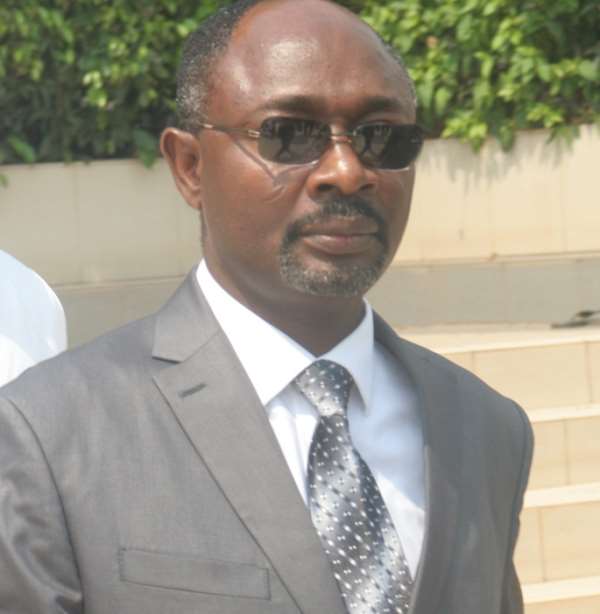

- Alfred pwgen update update#
- Alfred pwgen update 64 bits#
- Alfred pwgen update full#
- Alfred pwgen update password#
Alfred pwgen update password#
Passwords of the same length (or even the self-same password) generated using different techniques have different strengths because the strength is determined by the permutations in the algorithm and the password length, not the password itself.įor example, the single-digit password 1 has an entropy of 3.32 bits when generated by the Numeric algorithm because it is one of only 10 possible one-digit passwords. How can passwords of the same length have different levels of security? You can have the precise number of bits displayed instead by toggling the "Strength Bar" setting in the Configuration (keyword pwconf).
Alfred pwgen update full#
Each full block represents 32 bits of entropy, so 2 blocks represents a pretty secure password, 3 or more a very secure password. Displayed strengthīy default, the strength of generated passwords is shown as a bar in the result subtitle. The default password length of 20 characters provides reasonably to very secure passwords, depending on the generator. The default password strength level of 3 (96 bits) provides very secure passwords. A 1024-bit RSA key has roughly equivalent security to an 80-bit symmetric key. SSL certificates, for example, use asymmetric keys, which offer much less security per bit. * = based on 45 billion guesses per second. Stuff you want to be super easy to crack?īillions of times the age of the universe
Alfred pwgen update 64 bits#
Or 0.048 seconds with the above hardware.įortunately, every added bit doubles the amount of entropy, so 64 bits is a good deal stronger: 6.5 years on average to guess on the same hardware. The average number of guesses required to crack a password with n bits of entropy is 2 n-1, so 2,147,483,647 guesses for a 32-bit password. Strength > 64b and 45 billion passwords per second. The icon shown next to each password also reflects its strength: Icon Each full block in the bar represents 32 bits of entropy. This is shown either as a bar or in bits of entropy, depending on your settings. pwgen 128b will provide at least 128 bits of entropy.ĭefault length is 20 characters, which can provide ~50 to ~130 bits of entropy depending on generator.Įach password has its strength in the result subtitle. You may also specify the desired number of bits by appending b to your input, e.g. The default strength is 3, which is at least 96 bits of entropy (each level is 32 bits).

Passwords can be specified either by strength or length.

Note: Word-based generators may provide passwords that are slightly longer than.
Alfred pwgen update update#


 0 kommentar(er)
0 kommentar(er)
